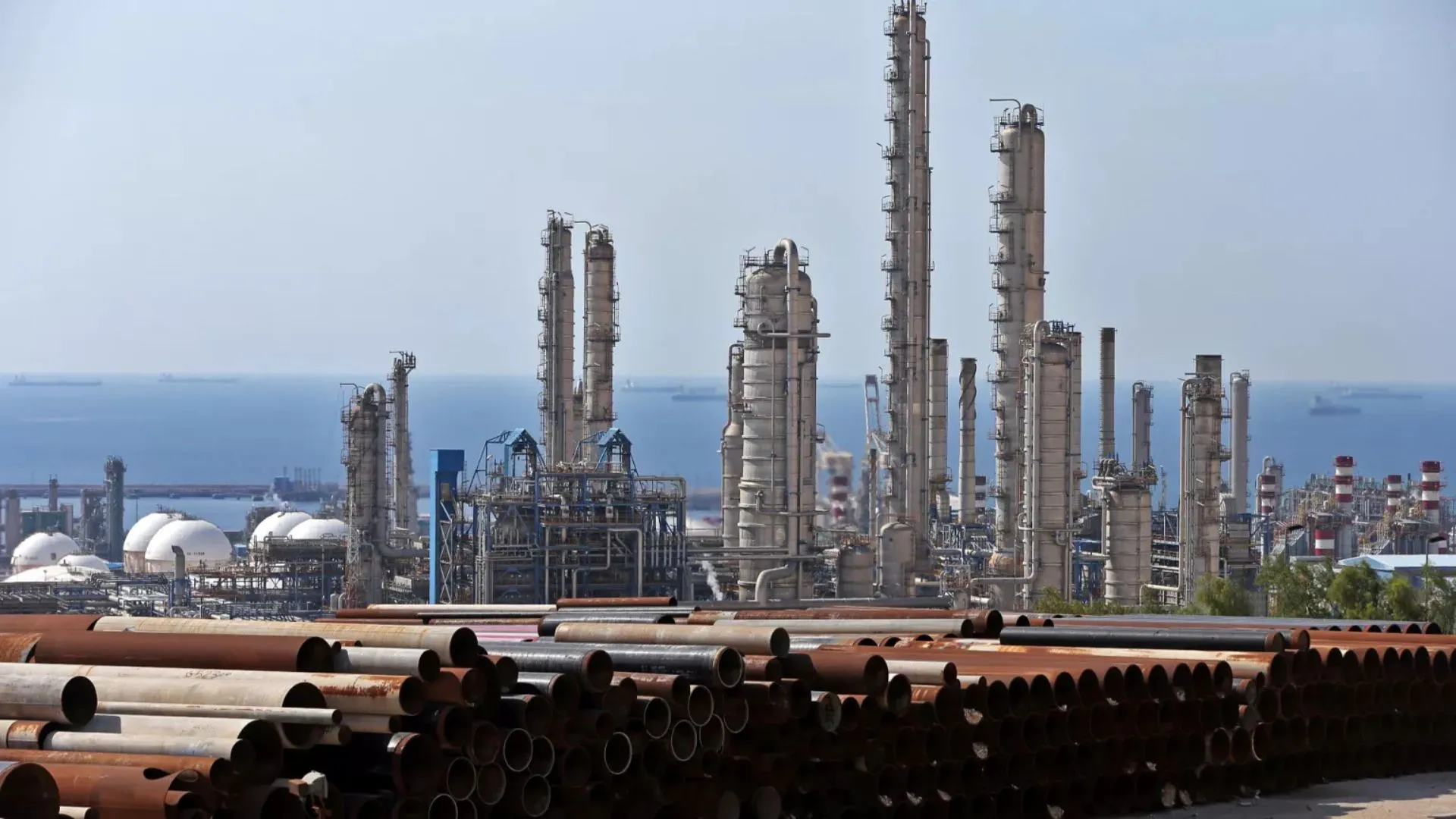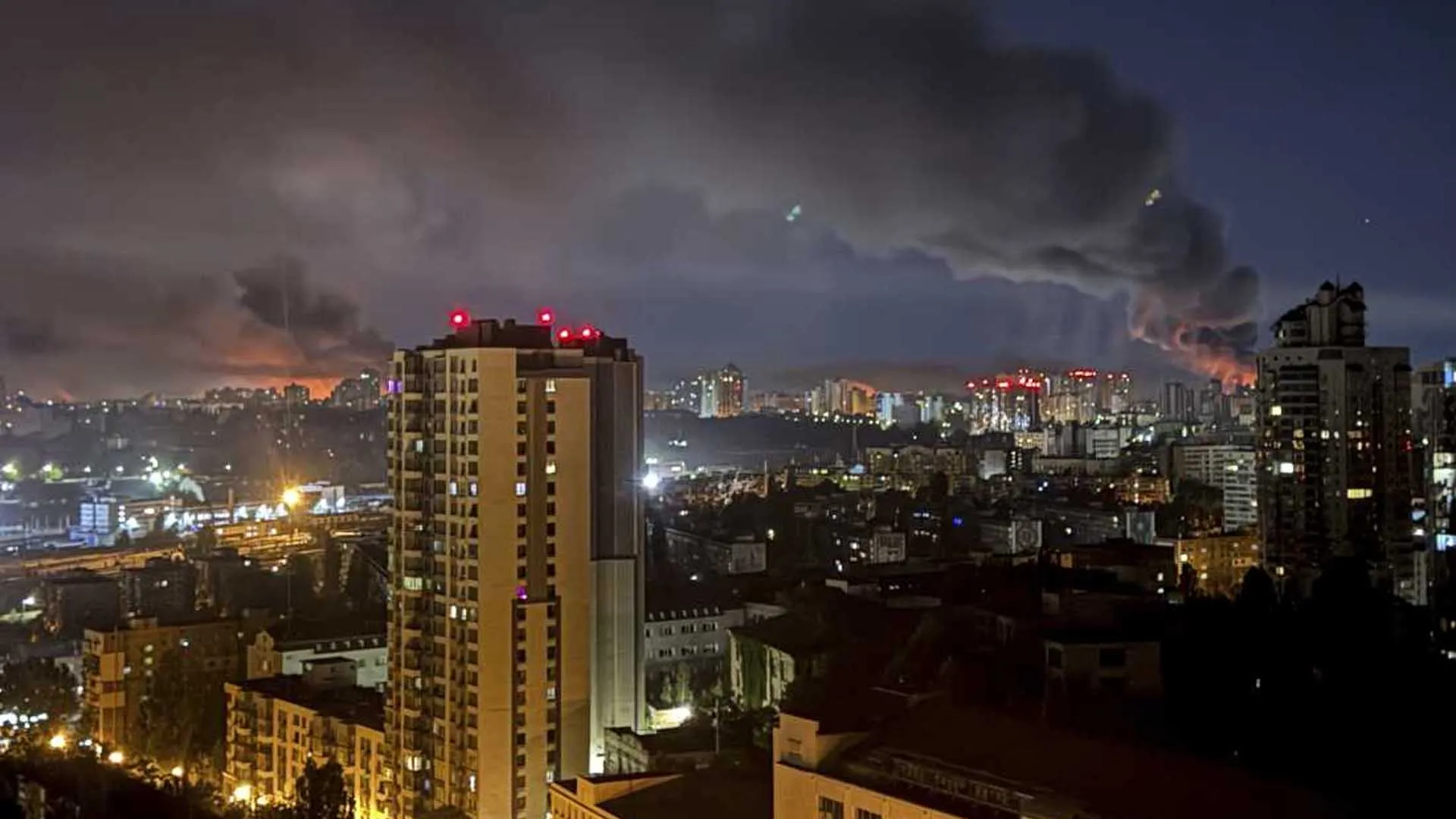As Israel and Iran continue their increasing military hostilities, international worries have mounted after Tehran renewed its threat to shut down the Strait of Hormuz—a key shipping lane for international oil trade. Iranian lawmaker Esmail Kosari, a member of the parliament’s security commission, said in a local media interview that Tehran was gravely contemplating closing the Strait, sending markets and governments into a panic.
What is the Strait of Hormuz?
The Strait of Hormuz, which connects Iran and Oman, is among the most strategically significant maritime chokepoints worldwide. It connects the Persian Gulf to the Gulf of Oman, and then to the Arabian Sea. While it is 161 km wide, the strait’s narrowest point is only 33 km wide, with shipping channels merely three km broad in either direction. The channel is sufficiently deep to contain the world’s largest crude tankers and is still full of oil and gas traffic from the area.
The strait lies totally within the territorial waters of Iran and Oman, considering the 12-nautical-mile maritime principle acknowledged in international law. It is thus geopolitically sensitive and important to regional stability.
Why the Strait of Hormuz is important internationally
The response is oil. Close to 20-21 million barrels of oil and petroleum products flow through the Strait on a daily basis, hence labeling it as the lifeline for international energy supply. The US Energy Information Administration indicated that in 2022, the Strait represented about 21% of global crude trade. OPEC nations such as Iran, Iraq, Saudi Arabia, UAE, and Kuwait rely on it for oil exports, mostly to Asia. In addition, almost a third of the world’s liquefied natural gas (LNG) also passes through this strait.
Can Iran lawfully close the Strait?
While Iran commands much of the Strait, global jurisprudence forbids closing off open passage by vessels. However, Tehran has once before employed closure threats as a political tool, particularly at times of increased tensions.
Energy analyst Anas Alhajji explained to CNBC, “Let’s be realistic about the Strait of Hormuz. First of all, the majority of it is in Oman, not Iran. Number two, it’s wide enough that the Iranians can’t close it.”
History indicates Iran’s intent
Though Iran has not formally blocked the Strait, it has regularly harassed ships. In May 2022, it seized two Greek oil tankers as payback for Greek and US actions against an Iranian vessel. Recently, in April 2024, Iran’s Islamic Revolutionary Guard Corps (IRGC) took an Israel-associated container ship near the Strait, just before initiating drone and missile attacks against Israel. Though Tehran mentioned maritime rule infractions, experts said the Israeli association of the ship was why it was seized.
Will Iran carry out its threat now?
Despite its ongoing confrontation with Israel, most analysts think that Tehran is again employing the Strait as a pressure ploy and not a real strategy. To begin with, shutting the Strait would have no effect on Israel, whose crude supply of approximately 220,000 barrels per day comes via the Mediterranean from countries such as Azerbaijan, Brazil, and the US.
Moreover, closing the Strait would badly damage Iran’s own economy and provoke retaliation from key partners. China, the number one oil customer of Tehran and also Tehran’s number one trade partner, has a stake in ensuring uninterrupted oil supplies. Ellen Wald of Transversal Consulting explained to CNBC, “China does not wish the flow of oil from the Persian Gulf to be interrupted in any manner, and China doesn’t want the price of oil to increase. So they’re going to bring the total force of their economic influence to bear on Iran.”
Analysts balance the risks
In spite of worldwide skepticism, other experts warn that the option cannot be ruled out altogether. “Shutting the strait is sort of an extreme situation, though we are in extreme circumstances,” said Kpler’s Amena Bakr, continuing, “That’s why I’m not ruling that option out altogether. We have to consider it.”
As military tensions rise, the threat to the Strait of Hormuz continues to be a powerful symbol of Iran’s geopolitical power—and an international flashpoint the world cannot afford to blink at.























